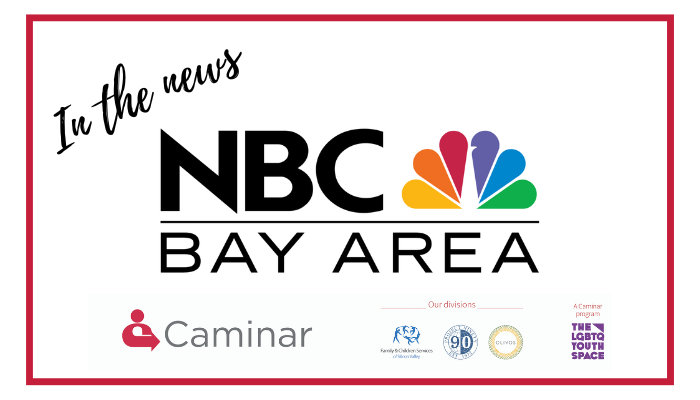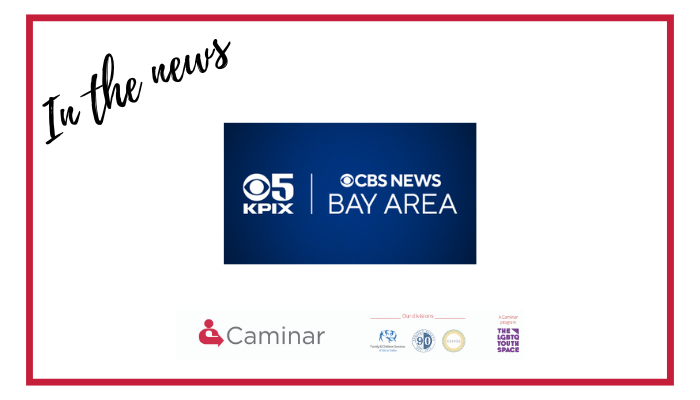As we honor Black History Month and the significant contributions of Black Americans to our country, we also recognize the disparities in health care - and behavioral health - for Black Americans.
Statistics shared by the US Department of Health and Human Services Office of Minority Health include:
In 2019, suicide was the second leading cause of death for Blacks or African Americans, ages 15 to 24.
The death rate from suicide for Black or African American men was four times greater than for African American women, in 2018.
The overall suicide rate for Black or African Americans was 60 percent lower than that of the non-Hispanic white population, in 2018.
Black females, grades 9-12, were 60 percent more likely to attempt suicide in 2019, as compared to non-Hispanic white females of the same age.
Poverty level affects mental health status. Black or African Americans living below the poverty level, as compared to those over twice the poverty level, are twice as likely to report serious psychological distress.
A report from the U.S. Surgeon General found that from 1980 - 1995, the suicide rate among African Americans ages 10 to 14 increased 233 percent as compared to 120 percent of non-Hispanic whites.
Behavioral health care plays a crucial role in reducing homelessness, incarcerations, and hospitalizations. It also bolsters people’s ability to engage with family, school, work, and primary care – and creates lasting economic and health benefits for individuals, families, and the community.
Inequity will not go away without access to behavioral health care for all. We can do better.









